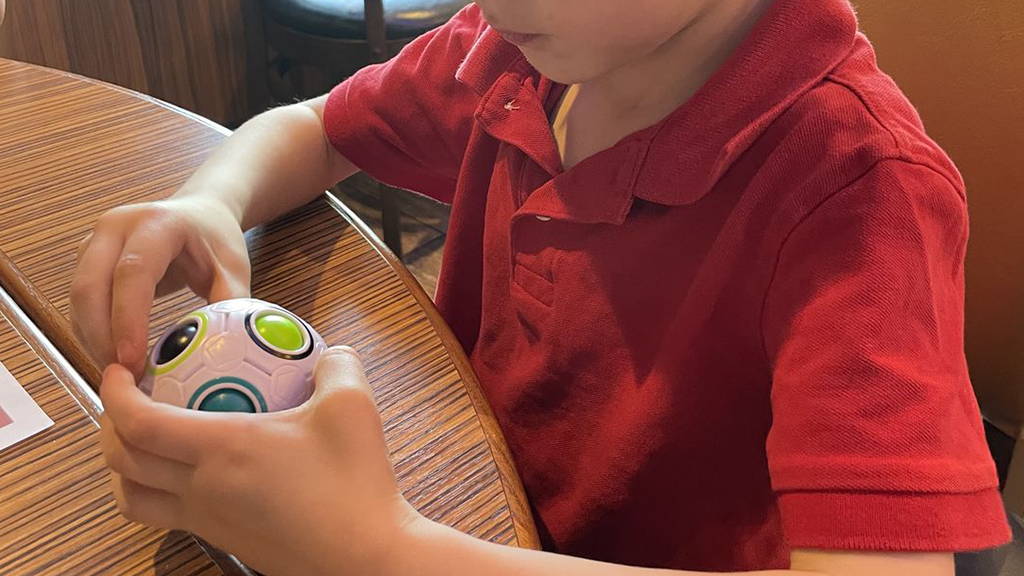Location

Set aside a space with minimal distractions so your kids can complete tasks like homework without interruption. Switch off phones, TVs, and other devices. Soon, this ritual will become embedded and aid their ability to concentrate, and as your kids get older you can try apps that automatically shut off Internet access after a set time. In their teenage years, they can use self-monitoring software to help them manage their time independently.
Now, having said that, if you know that your child works better with a little background music then don’t be rigid about the silence. If something works, go with it!
Chop it Up
Asking your child to write out a list of actions to help them handle assignments can take them from feeling snowed under by an overwhelming ‘big picture’ to feeling relaxed. Now they can tackle them in order.
The list could look like this:
- Collect information
- Read/Do research
- Make notes
- Settle on a theme
- Draft an outline
- Write the piece
- Revise
- Check
Set a Timer

Mindfulness
Prompts
Fidgets

 Skip to content
Skip to content

